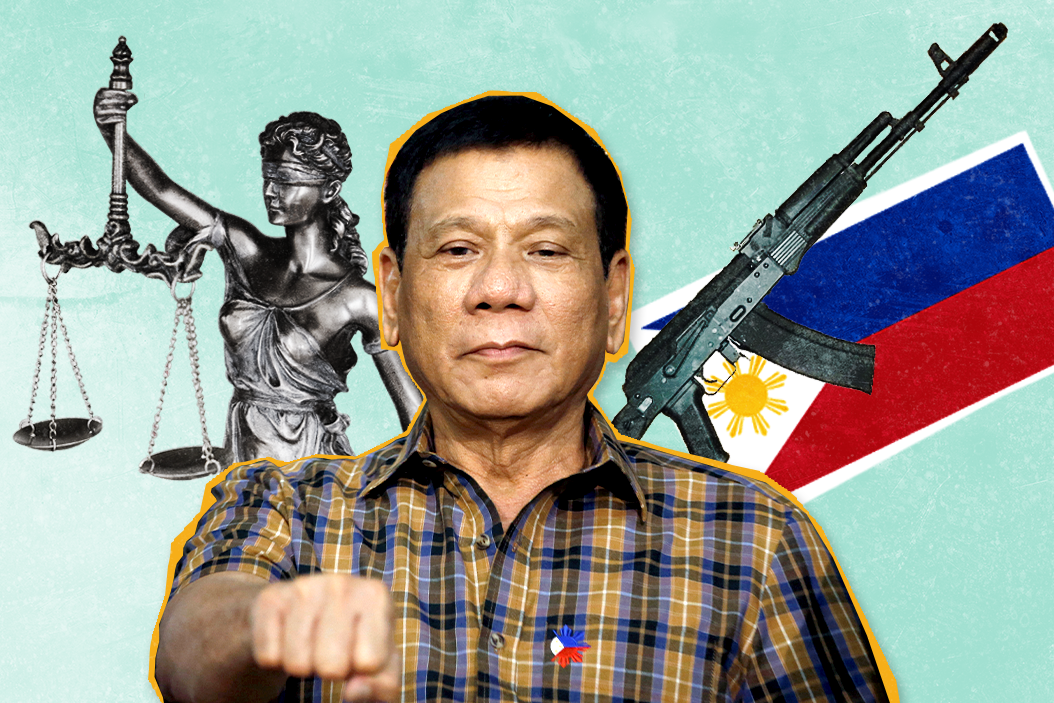News
October 05, 2020
91: Despite overseeing Southeast Asia's worst COVID-19 outbreak, Philippine President Rodrigo Duterte's approval rating is now at a heady 91 percent, up four points since before the pandemic.
42: So far in 2020 there have been 42 mass killings in Colombia, says the UN. That's the highest annual mark since a 2016 peace accord was signed between the government and FARC rebels. Human rights activists and former FARC rebels have borne the brunt of the violence, according to the UN.
3,500: President Trump often falsely says Beijing is paying for the tariffs that his administration has slapped on China's exports. But they are actually paid by US firms, more than 3,500 of whom have now filed lawsuits (paywall) alleging that the measures are no longer legal, and demanding compensation. The list includes American giants like Coca-Cola, Ford, and Disney.
4: The Ethiopian government has filed terrorism charges against four people over the killing of a famous musician in June. The murder of Hacalu Hundessa, whose music advocated for the rights of Ethiopia's Oromo ethnic group, sparked days of violence.
More For You
What We’re Watching: US critical minerals summit, Rafah crossing reopens, Border violence in Pakistan
Feb 02, 2026
U.S. President Donald Trump and Japanese Prime Minister Sanae Takaichi hold up signed documents regarding securing the supply of critical minerals and rare earths, at a bilateral meeting at Akasaka Palace in Tokyo, Japan, October 28, 2025.
REUTERS/Evelyn Hockstein
Representatives from the European Union, United Kingdom, Japan, and others will meet in Washington this week to discuss a strategic alliance on critical minerals.
Most Popular
A flood victim stands at her flooded home after weeks of heavy rainfall in Boane District, Maputo, Mozambique, January 19, 2026.
REUTERS/Amilton Neves/File Photo
392,000: The estimated number of people displaced across Mozambique by recent rain-induced floods. Severe flooding in the southern African nation, as well as in South Africa and Zimbabwe, has killed over 100 people.
Costa Rica presidential candidate Laura Fernandez of the Sovereign People's Party (PPSO) addresses supporters during her closing campaign rally, ahead of the February 1 general election, in Heredia, Costa Rica, January 29, 2026.
REUTERS/Mayela Lopez
In yet another Latin American election shaped by concerns about security and violence, Costa Ricans will vote for president this Sunday.
© 2025 GZERO Media. All Rights Reserved | A Eurasia Group media company.
